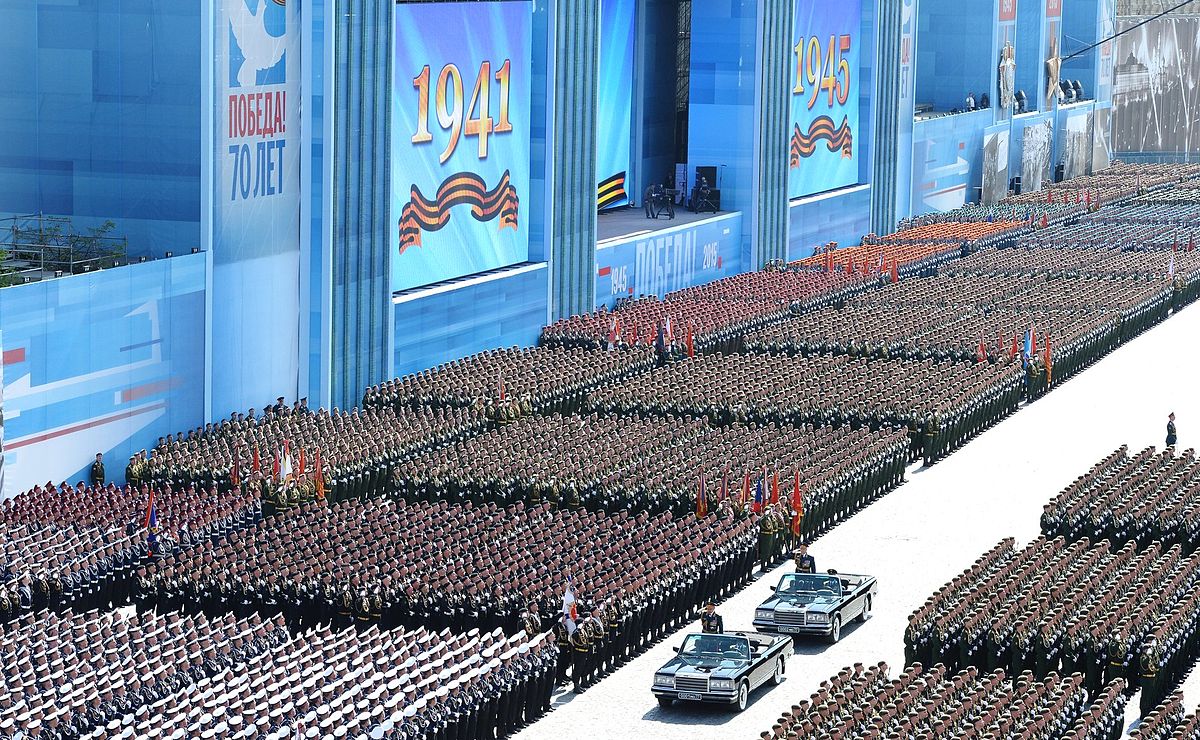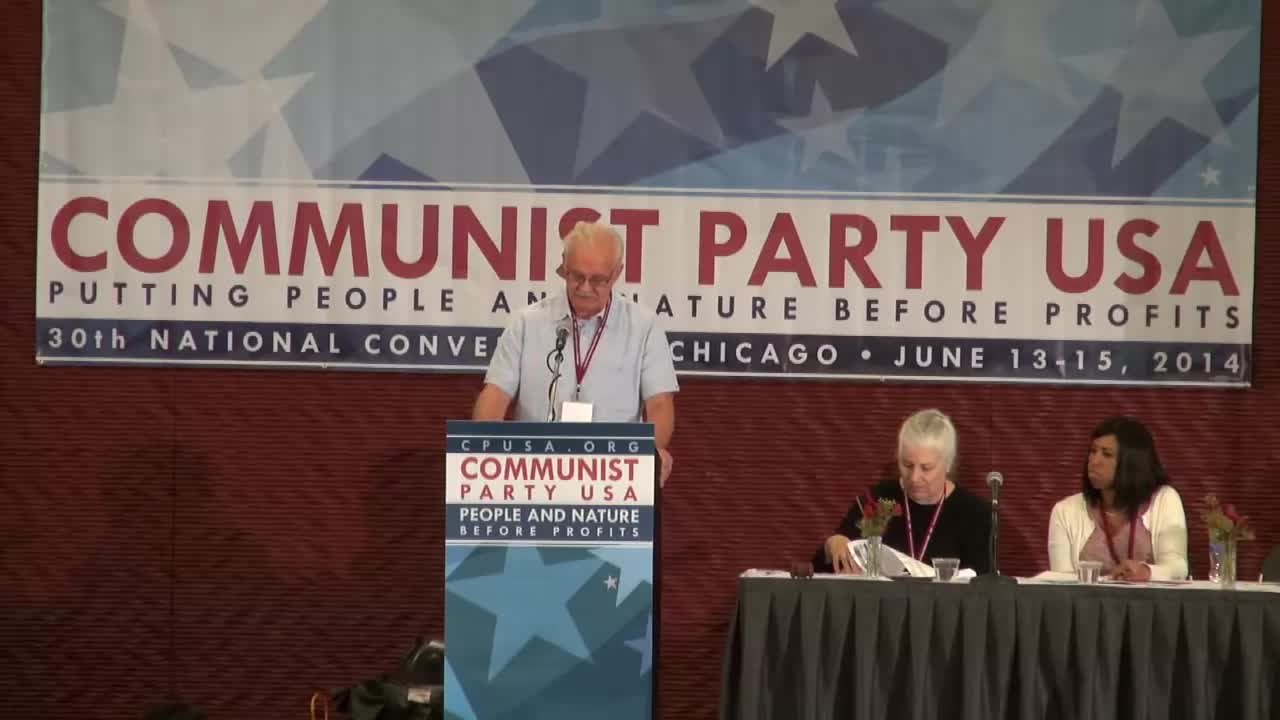Kremlin’s Holy War – Decalogue of Russian Political History (Part 1)

A besieged fortress that has been defending itself against Western aggression for centuries. At the same time, conquerors of Hitler, which in itself deserves a halo of sanctity. This is what Russia’s past looks like from the perspective of Kremlin’s historical policy.
Maciej Pieczyński
Sacral imagery is fully justified here. Russia, isolated from the Western world, did not go through the school of the Renaissance, secularization, humanism, while rationalism arrived there in a superficial, instrumentalized form in the era of the Enlightenment’s opening to Western Europe, and never took root too deeply. Even Soviet communism, especially in the Stalinist era, resembled a religion, worshipping a leader, who was not accidentally labelled the “red tsar” – the Orthodox God was only replaced by an idol of communism.
The historical memory of the Russians, particularly the one promoted by the authorities is not the object of analysis or settlement, but indeed a cult. Only it is a very syncretic religion. Among the „saints” of Russian history, next to the soldiers of the Red Army, conquering Berlin, as well as the more boldly presented (thus far) on Stalin’s mental pedestal is Tsar Nicolas II, murdered by the communists, as well Minin and Pozharsky – leaders of the popular revolt against Poles on the Kremlin, conquerors of Napoleon, the Swedes, and Germans. Russia’s enemies, real and imagined, are connected by one thing – they are representatives of the West, be it Catholic, Protestant, or secular. Or the Unorthodox West.
It is no coincidence that one of the most popular songs of the Aleksandrów Choir, written to liven the hearts of the Red Army soldiers on the way to battle against Nazi Germany, is called “The Holy War”. The enemy is described as a “dark, fascist force”, which also evokes religious associations. The Great Patriotic War is, of course, the most important topic of Russian historical policy. But it is also the most profoundly and authentically lived event in the minds of ordinary Russians. Generally speaking, the grandparents of half of them were victims of Soviet terror. But the other half can already be proud of the grandfather, who conquered Berlin under the red banner, deserving to be called the hero of the fight against fascism. Often it was even the same grandfather…
Vladimir Soloviev – Kremlin’s propagandist and state television star – arguing on the air with a Ukrainian journalist about the Soviet past, assured him that he was proud of his grandfather, who died in 1943 fighting in the ranks of the criminal battalion, and was acquitted for his heroism…“And for that I ought to hate the Soviet government?!” – Soloviev asked rhetorically. His attitude towards the USSR is quite representative of the pro-Putin majority of Russian society. This view can be summarized as follows: Stalinist repression is no secret, it is condemned, but this does not change the fact that it was Stalin’s state that defeated the greatest evil in world history – the Hitler regime. There can be no question of any moral equation of these two dictators. And not only because of the state propaganda cultivating the memory of May 9th1. Equating the moral accountability of these two dictators would automatically lower the value of the blood sacrificed by the mentioned grandparents, whose grandchildren prefer to remember participation in the anti-Nazi coalition, rather than the Soviet terror….
“The Immortal Regiment”
One of the most original forms of celebrating Victory Day was created on the basis of a grassroots initiative. In 2011, three local journalists from provincial town of Tomsk decided to organize a march on May 9th, the participants of which would silently carry portraits of their relatives fighting in the Great Patriotic War. Today, the “immortal regiment” has become the object of a nationwide celebration, strongly supported by the authorities. Putin himself marches along the streets of Moscow with a portrait of his grandfather. “The Soviet people put an end to the nightmare of the Holocaust, saved the world from fascism. We cannot even imagine what would have happened to the world if it were not for the Red Army” – Putin spoke these words during this year’s anniversary celebrations, which due to the pandemic were organized not on May 9th, but at the end of June.
The Russian president stated that “the Soviet soldiers needed neither war, nor other countries, neither fame, nor honor. They wanted to finish off the enemy, win, and go home. And they paid a huge price for European freedom”. Naturally, the official rhetoric of the Kremlin does not recognize the fact that “freedom from fascism” was brought by communist enslavement for half of Europe. In this respect, the official rhetoric of the Kremlin does not differ much from that of Soviet propaganda.
However, there is still a line which the Russian authorities did not cross – Stalin is still absent from the pantheon of national heroes officially supported by the Kremlin. But he is implied. And indirectly, on the banners of the Kremlin acolytes. “Stalin is an idol of Russian history, an unsurpassed leader. He gave us a wonderful state, he pulled the Russian civilization out of the abyss to which it fell after the fall of the Romanovs” – this is the opinion of Alexander “the Surgeon” Zaldostanov, leader of the motorcycle group Night Wolves2, and Putin’s personal friend. The Night Wolves is a typical post-Soviet Russia red and brown mixture of chauvinism, imperialism, and admiration for the armed cause of the Red Army. For people with this set of views, Stalinist repression is a secondary issue. Even they generally do not question the atrocities of the “red tsar”.
The results of sociological research conducted by the independent Levada Center provide a very clear picture of the changes in the bottom-up socio-historical memory of Russians. Especially those carried out in 2016, two years after the annexation of Crimea and the outbreak of the war in the Donbas. 76 percent of the respondents stated then that Russians should be proud of their imperial achievements, and more specifically – of the lands they had conquered since the 15th century, including Poland and Finland. Only 3 percent the conquests to be a cause for shame. The same 3 percent were ashamed of the Soviet past and the annexation of Crimea. As many as 40 percent of the respondents agreed with the statement that the Stalinist period brought Russia more good than bad. For comparison, three years after the collapse of the USSR, when the pathos of settlements with the former regime was still alive and well, only 18 percent expressed a similar belief. Two years before the war broke out in Ukraine, these figures were at 27%. The approval rate of Stalin himself is even higher – in 2016 as much as 56 percent of the respondents considered him to be a figure who played a positive role in history. In subsequent studies, on average, 25% of respondents were inclined to justify Stalinist repression through political necessity. Leaders associated with democratization and liberalization – Mikhail Gorbachev and Boris Yeltsin – have significantly lower reputations. They are accused of bringing about the collapse of the Soviet Union.
Sentiment towards the USSR does not, however, equate to a longing for communism. The Russians simply want to be an empire again. It doesn’t matter if it is white or red. The goal is to rebuild power in foreign policy. In order to achieve this, national memory is in need of positive models, myths to which one can refer. “Victory over fascism” lends itself perfectly to this, as it is the greatest success of the Russian army in history. The cult surrounding this event, however, is absolutely not in contradiction with the cult of the tsarist empire.
(…)
1 May 9th in Russia is Victory Day, celebrating the culmination of the Patriotic War between 1941-1945
2 The Night Wolves are a Russian motorcycle club that is active in the political and social life of Russia
This article was published in 2020 in “Do Rzeczy” magazine. Part 2 will be published at Sovereignty.pl shortly.



